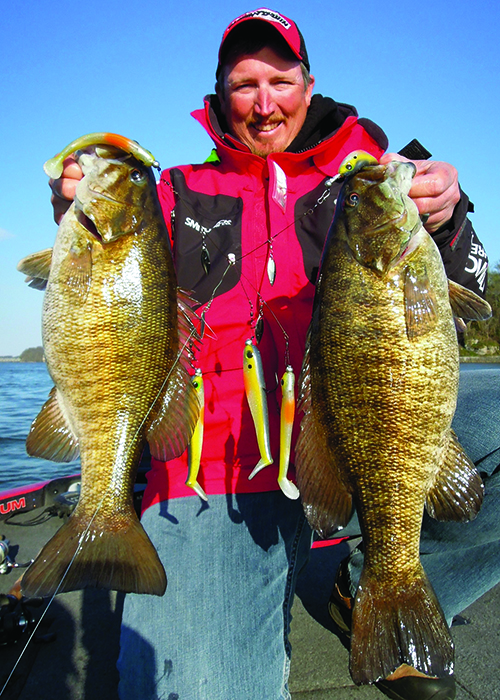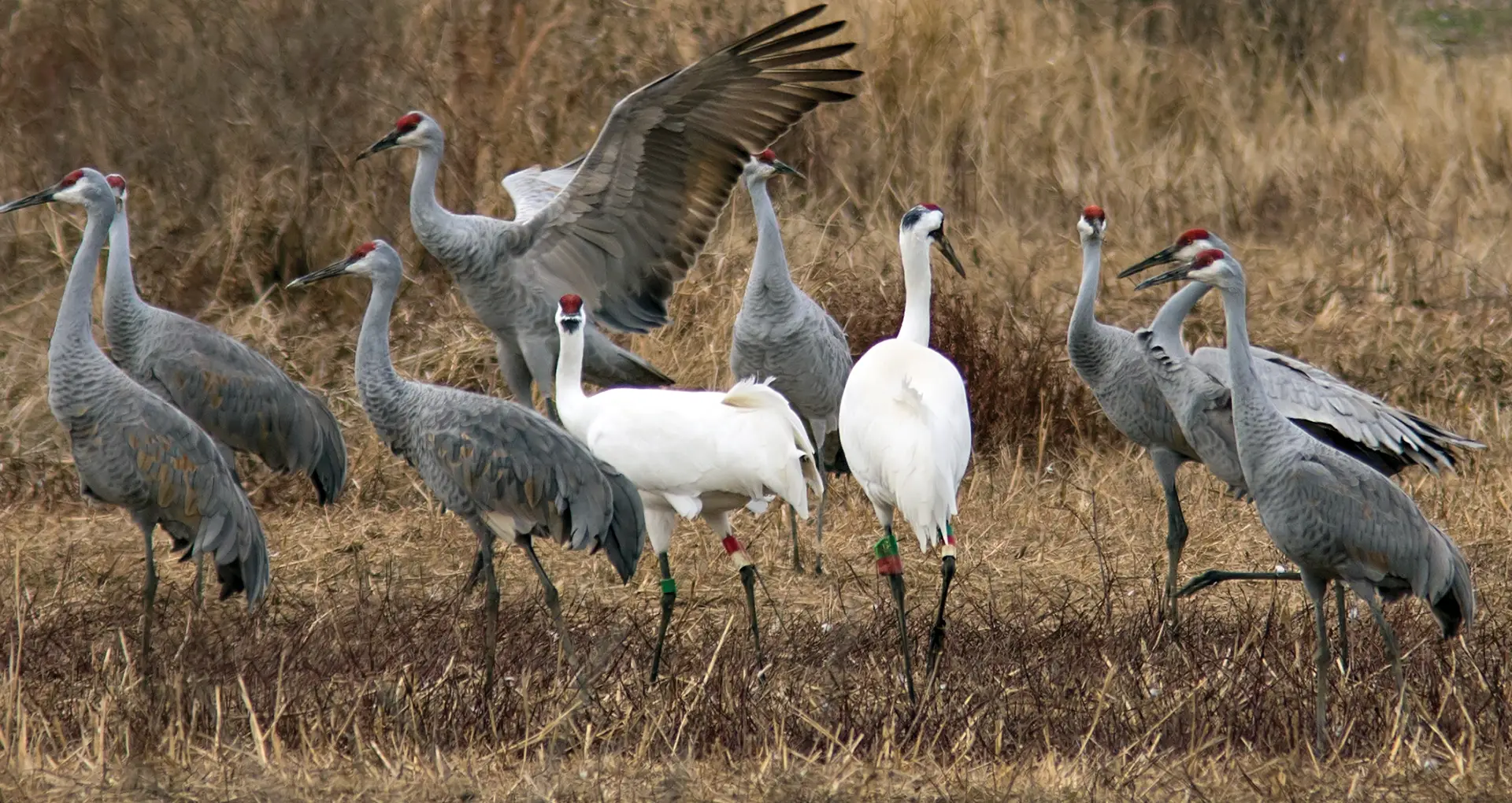
New year, new waters!
Try fishing new lakes for the adventure of it this year
By John N. Felsher
Although old familiar waters run deep with memories, many anglers love to fish new lakes, if for nothing else than a change of scenery.
“If somebody fishes every weekend at the same spot with the same bait, it gets old,” remarks Gary Klein, a professional bass angler. “Force yourself to try new lures and new techniques. It’s fun to do something different. It’s adventure. Go, learn and push yourself. You’ll become a better fisherman.”
With so many good lakes and rivers all across Alabama, anglers don’t need to travel 3,000 miles to visit an entirely different habitat type. From any point in the state, anglers can find new adventures after just a short drive in any direction. From the cold, clear trout waters of the Sipsey Fork below Lake Lewis Smith to the massive delta estuary near Mobile, anglers find many diverse habitats and species all across Alabama.
Professional anglers like Klein might fish a tournament in a steaming brackish tidal delta one day, a deep glacial lake a week later and a rocky desert impoundment or swift, rain-swollen river following that. Even anglers who fish the same waters every weekend for years can’t possibly learn everything about an area, so how do professionals quickly master new waters and consistently catch fish under all conditions? Before ever launching a boat, professional anglers develop a game plan.
Developing a game plan begins with research. Talk to guides or anglers who fish the chosen area regularly. Call local bait and tackle shops. Talk to the state biologist for that area. The Alabama Department of Conservation and Natural Resources publishes good information about fishing across the state at www.outdooralabama.com.
“I try to gather enough information from local sources to know what the fishing is like,” recommends Ken Cook, a former Bassmaster Classic champion. “At this point, I’m not interested in where to fish. I just want to know what the fishery is like. I want to know what to expect.”
To update an old telephone book slogan, “Let your mouse do the crawling.” The internet provides an almost inexhaustible source of information. Anglers can find articles from local newspapers, sporting magazines and other websites. Many guides regularly post information, tips and photos about their favorite lakes.

With a click of a mouse, anglers can also view internet maps and detailed satellite photos for no cost. Viewers can frequently zero in on a particular shoreline or cove to find channels, tributaries, hidden backwaters and other places that might hold fish. Satellite photos might even reveal deep holes, humps, sandbars and underwater structure. Some websites even give GPS coordinates for selected points. Using this technology, anglers can eliminate marginal waters to avoid wasting time.
“Anyone can eliminate 90 percent of the water before they ever get to the lake by knowing seasonal patterns and weather conditions,” explains Denny Brauer, a former Bassmaster Classic champion. “That means a good fisherman needs to search only 10 percent of the water to find that magic one percent that fish are utilizing. Then, that angler needs only to figure out how to catch them in that one percent of the water.”
Of course, internet browsing cannot match time spent on the water. On a large lake, anglers cannot possibly learn everything they need to know in a short time. Pick a cove, creek channel or shoreline and study it. Remain in that area and resist the temptation to fish all over the lake.
Technology and a good plan can help anglers find likely spots, but can’t make fish bite. Find out what the locals use or start with proven, time-tested lures and tactics that worked elsewhere under similar conditions. Try to mimic the size or color of dominant natural forage in that lake at that time of year.
“Keep in mind what fish should be doing at that time, depending upon the season,” Brauer advises. “Water temperature dictates which baits are most productive. Once anglers start getting bites, they can usually establish a pattern.”
People wishing to explore an unfamiliar lake might book a day with a licensed charter captain. By hiring a guide, anglers avoid a lot of guesswork. Good captains keep up with fish movements and activity for their areas. Most captains provide the proper baits and equipment. Some captains even provide food and refreshments or clean the catch.
Paying a guide for a day of fishing costs money, but anglers who only fish a few times a year may actually save cash by hiring a captain instead of buying a boat. While a boat sits idle, owners must still make note and insurance payments, not to mention perform maintenance and repairs. Before fishing, boat owners buy fuel, bait, ice and other items. Add up all those expenses and anglers might buy three or four charter trips a year and still save money.
Before fishing any waters, set a simple goal – just to have fun! If nothing else, a little change of scenery occasionally can’t hurt. Enjoy yourself on the water this year.





